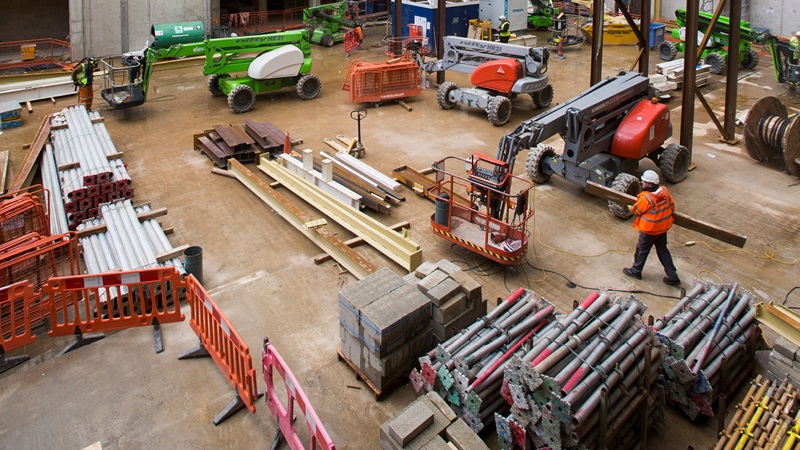Perspectives
Mace predicts steadying of the construction sector
Mace, the international consultancy and construction company, has today (29 March) warned the growth experienced by the UK construction sector since the pandemic is likely to slow this year - due to economic conditions.
It comes after the government reviewed timescales for a number of major infrastructure programmes and as the sector awaits the publication of the government’s Infrastructure and Construction Pipeline.The Mace Cost Consultancy report shows there was no change in GDP in Q4 of 2022, meaning the economy narrowly avoided a recession, but warns that the economy is likely to shrink this year.
The report outlines how the continuing steady rise in the cost of labour and materials are impacting the sector. It also points to challenges within the supply chain following the pandemic and soaring energy prices as a result of the war in Ukraine.
However, it was noted that the construction industry proved resilient with new orders for infrastructure rising 23.9% in 2022. There was significant growth in new orders for electricity and roads, and the non-housing public sector.
The report includes Mace’s updated tender price inflation forecast, which is unchanged from the Q4 report, at 2.5% for 2023.
Andy Beard, Global Head of Cost and Commercial Management, Mace Consult, said:
“That the economy didn’t fall into a recession at the end of last year is somewhat of a relief, but the challenges for the coming year remain stark. There were numerous insolvencies in 2022, and project teams will need to be alert to the risks these hold. The decision to review timescales for multiple large projects highlights the fragile nature of the industry.
“While rising interest rates will have done little to help the precarious financial position of the supply chain, material costs starting to ease is welcome news. Lower energy prices should help some product prices slip further, although it might take some time before this fully feeds through, and prices will remain much higher than they were two years ago.”









